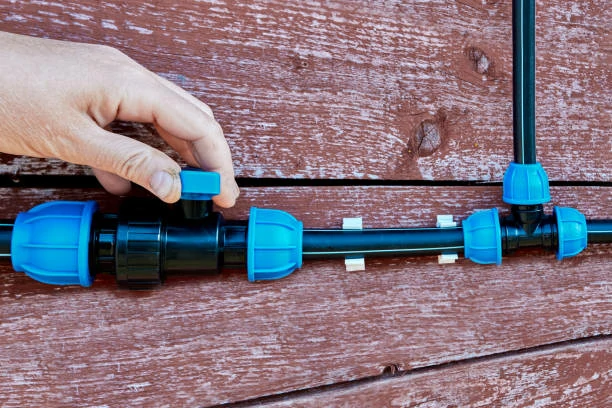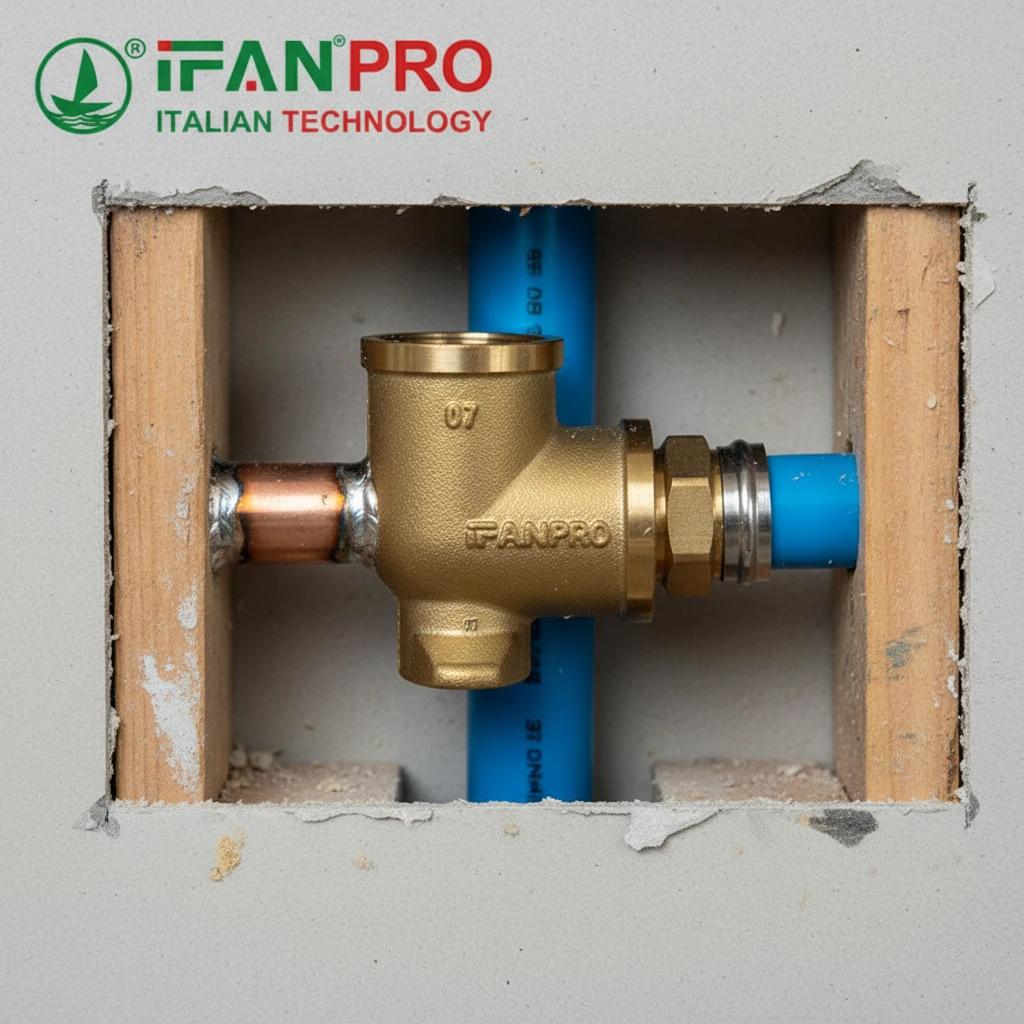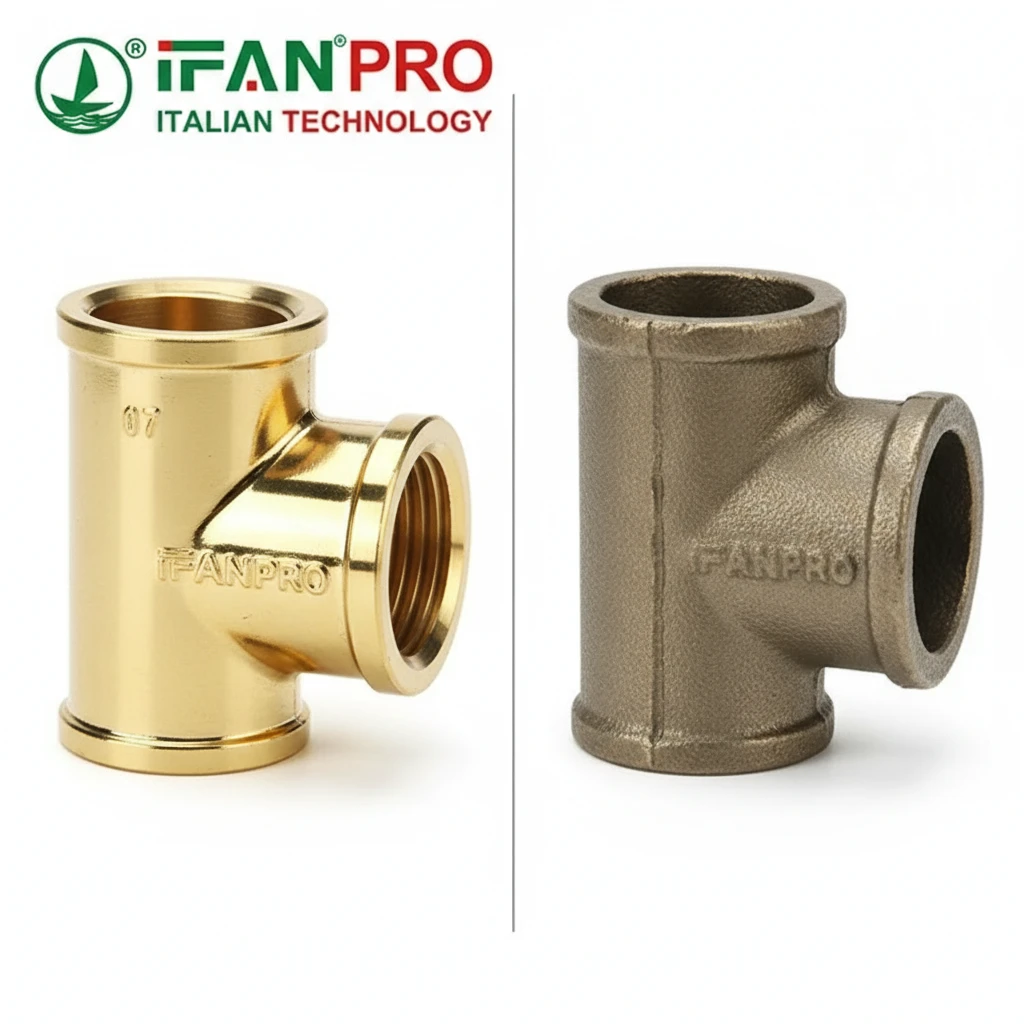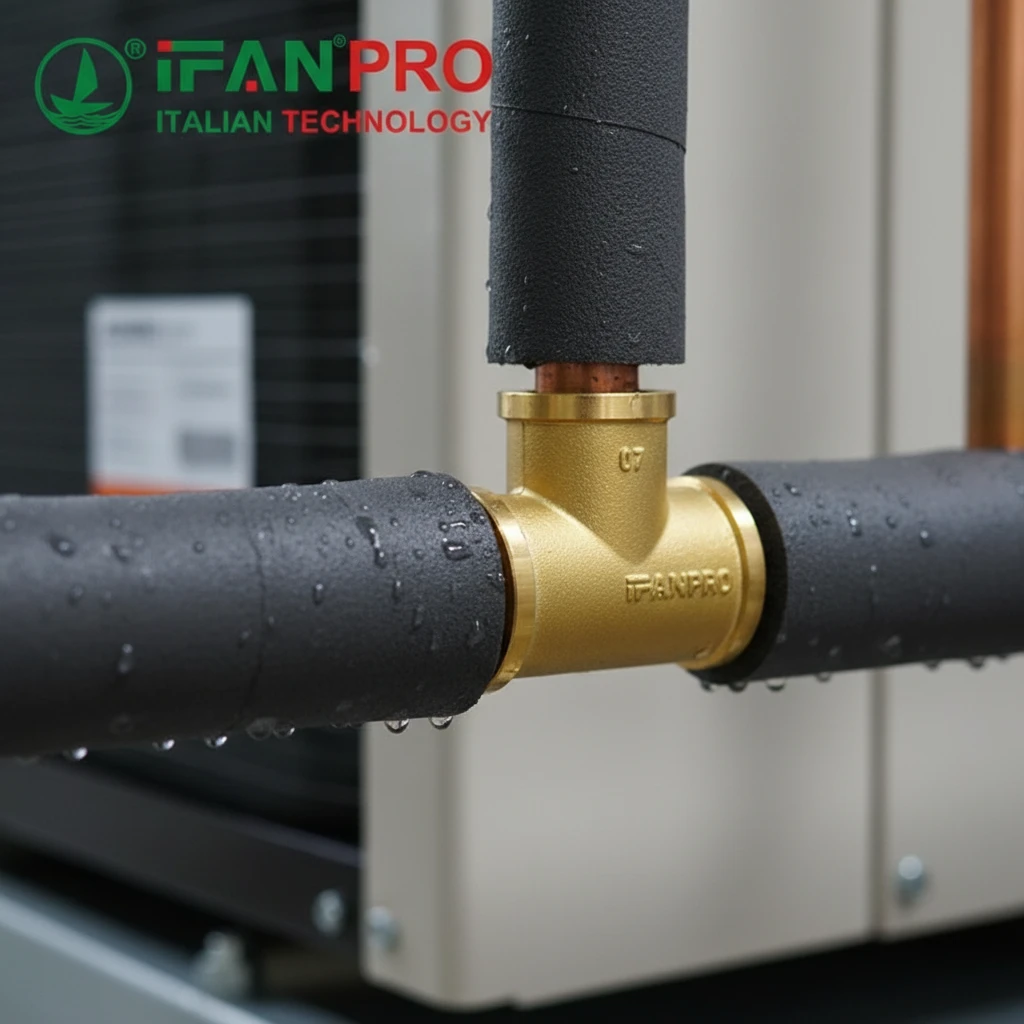Introduction to PE Water Pipe Maintenance
PE (polyethylene) water pipe are widely used in plumbing and water distribution systems. Proper maintenance and care ensure their long-lasting performance. Understanding the techniques for maintaining and preserving PE water pipes is essential.
Regular Inspection
Inspect PE water pipes regularly for any signs of wear or damage. Look for cracks, leaks, and other physical deformities. Regular inspections help identify potential issues early and prevent major failures.
Cleaning and Flushing
Clean and flush PE water pipes periodically. Remove any debris, dirt, or sediment buildup inside the pipes. Use clean water to flush the system, ensuring a clear and unobstructed flow.
Avoid Chemical Exposure
PE water pipes resist most chemicals, but some can cause damage. Avoid exposing the pipes to harsh chemicals like acids or solvents. Use compatible cleaning agents to prevent chemical reactions and degradation.
Protect from UV Light
Prolonged exposure to UV light can degrade PE water pipes. Protect the pipes from direct sunlight, especially in outdoor installations. Use UV-resistant coatings or coverings to shield the pipes from harmful UV rays.
Maintain Proper Pressure Levels
Monitor and maintain proper pressure levels in PE water pipes. Avoid excessive pressure that can cause stress and damage. Use pressure-regulating valves to ensure consistent and safe pressure throughout the system.
Prevent Freezing
Protect PE water pipe from freezing temperatures. Insulate the pipes, especially in areas prone to extreme cold. Ensure proper insulation to prevent freezing and potential pipe bursts.
Avoid Physical Damage
Protect PE water pipe from physical damage during construction or maintenance. Use caution when handling tools and equipment near the pipes. Avoid heavy impacts or excessive bending that can cause cracks or deformities.
Repairing Minor Leaks
Repair minor leaks in PE water pipes promptly. Use suitable repair kits or patches designed for PE materials. Ensure a tight and secure seal to prevent further leakage.
Professional Inspection
Schedule professional inspections for PE water pipes periodically. Certified plumbers can conduct thorough checks and identify potential issues. Professional inspections provide an extra layer of assurance and expertise.
Proper Joint Connections
Ensure proper joint connections for PE water pipes. Use compatible fittings and connectors designed for PE materials. Properly tighten the joints to prevent leaks and ensure a secure connection.
Use of Protective Sleeves
Use protective sleeves for PE water pipes in areas prone to mechanical damage. Protective sleeves provide an additional layer of protection against impacts and abrasion. They enhance the longevity and durability of the pipes.
Avoid Overloading
Avoid overloading PE water pipe with excessive weight. Do not hang heavy objects or apply undue pressure on the pipes. Ensure that the pipes are adequately supported to prevent sagging or damage.
Monitor for Discoloration
Monitor PE water pipes for any signs of discoloration. Discoloration can indicate chemical exposure or material degradation. Address any discoloration issues promptly to maintain pipe integrity.
Use Compatible Fittings
Use fittings and connectors that are compatible with PE water pipes. Incompatible materials can cause leaks or joint failures. Ensure that all components used in the system are designed for PE pipes.
Temperature Regulation
Regulate the temperature of the water flowing through PE pipes. Avoid extremely high temperatures that can cause expansion and stress. Use temperature control mechanisms to maintain safe operating conditions.
Regular Maintenance Schedule
Establish a regular maintenance schedule for PE water pipes. Include inspection, cleaning, and necessary repairs in the schedule. Consistent maintenance ensures the long-term reliability and performance of the pipes.
Addressing Root Intrusion
Address root intrusion issues for underground PE water pipes. Tree roots can infiltrate and damage the pipes. Use root barriers and regular inspections to prevent root intrusion and maintain pipe integrity.
Ensure Proper Burial Depth
Ensure proper burial depth for underground PE water pipes. The pipes should be buried deep enough to avoid damage from surface activities. Follow recommended guidelines for burial depth to protect the pipes.
Educate Users
Educate users about the importance of proper maintenance for PE water pipes. Inform them about the potential issues and maintenance techniques. User awareness contributes to the overall longevity and reliability of the plumbing system.
Document Maintenance Activities
Document all maintenance activities performed on PE water pipes. Keep a record of inspections, repairs, and any issues identified. Documentation provides a reference for future maintenance and helps track the pipe’s condition over time.
Conclusion
Proper maintenance and care of PE water pipes ensure their long-lasting performance and reliability. Regular inspections, cleaning, and preventive measures contribute to the system’s overall efficiency. By following these maintenance techniques, users can enhance the durability and functionality of their PE water pipes, ensuring a consistent and safe water supply.
Connect
IFAN is a Chinese manufacturer of plastic pipes, fittings and valves with 30 years of experience. If you are interested in IFAN copper fittings, copper valves, plastic pipes and fittings, please contact us. IFAN offers you a variety of standard pipes to meet your specific needs. Click below to learn more about IFAN’s wide range of affordable and cost-effective valve products and piping system related products.
We will reply your email or fax within 24 hours.
You can call us at any time if there is any question on our production.
For more information,pls visit our webside https://ifanpro.com/
Pls Mailto: [email protected]
Whatsapp: + 86 19857948982














Recent Comments